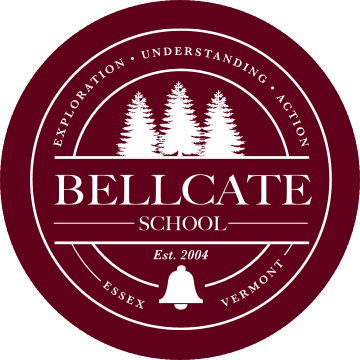Play is not something that every child has had the opportunity to experience. In fact, for many children with significant exposure to adverse childhood experiences, play is a foreign concept.
“Play is something done for its own sake,” says psychiatrist Stuart Brown, author of “Play,” He writes: “It’s voluntary, it’s pleasurable, it offers a sense of engagement, it takes you out of time. And the act itself is more important than the outcome.”
For young people caught in a cycle of chronic stress this state of play is often unattainable. At Bellcate School, part of a healing process involves creating safe opportunities for students to discover, often for the first time, how to play. Play is a stress reliever and increases feelings of happiness. It also fosters connection to others and friendship. Play builds empathy, teamwork and even cultivates resilience. Bellcate School has developed a supported recess this year following lunch where our students can play. It probably sounds so simple to people who have been “playing” their entire lives but for some, this concept and experience is entirely new and different. With known and trusted adults, in a safe and familiar space, our students have not only warmed up to the idea but they have embraced it! The outcomes could not be more evident:

Increased Self esteem, confidence, social skills, teamwork, and friendship. To play is to heal. To heal is the key to a better quality of health and happiness.







